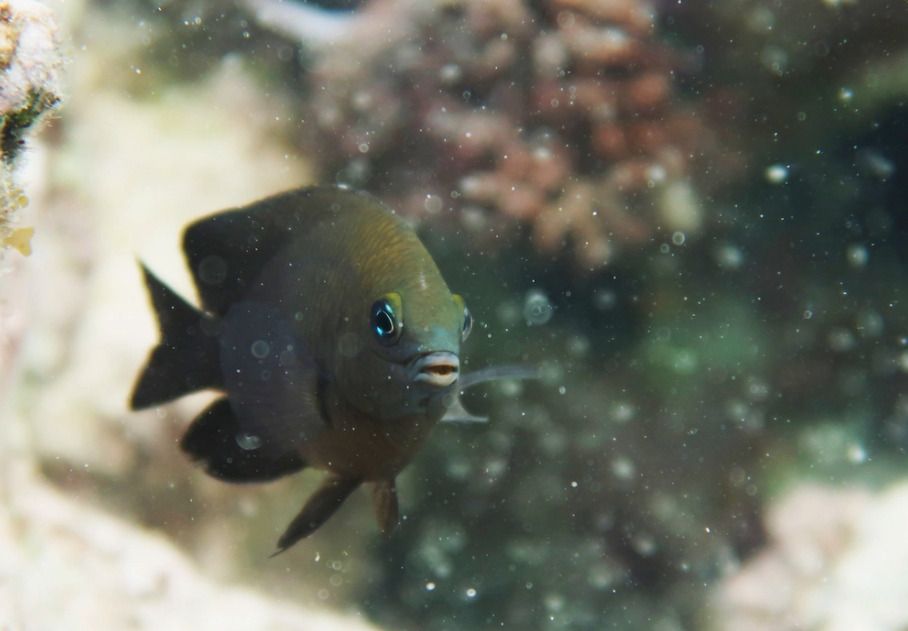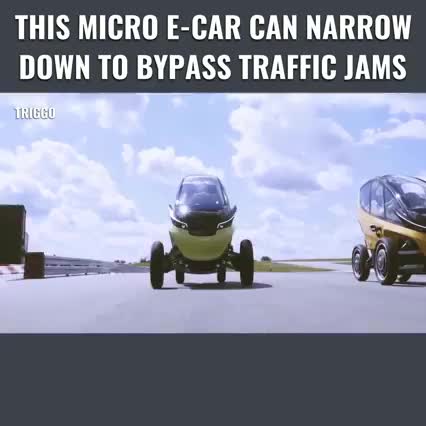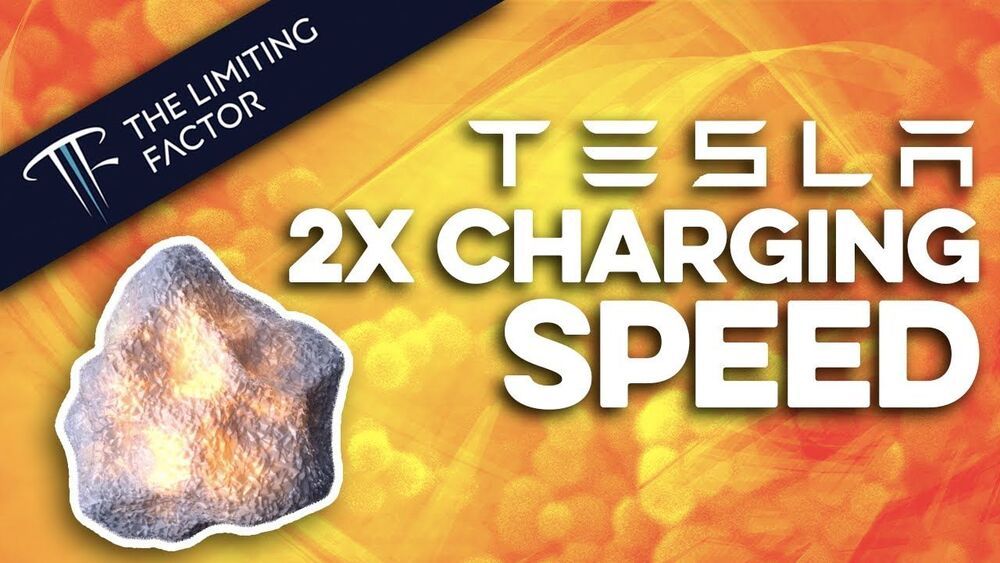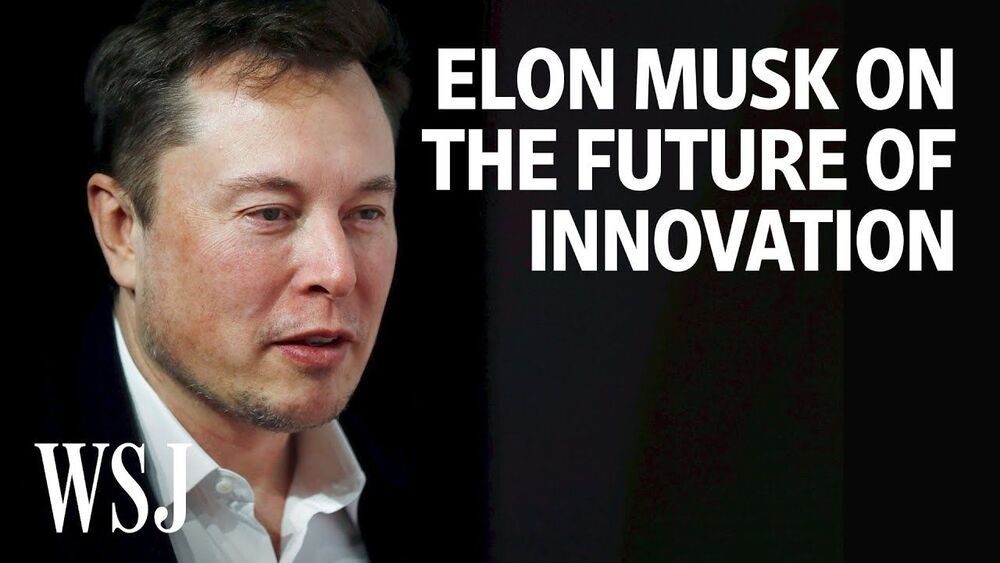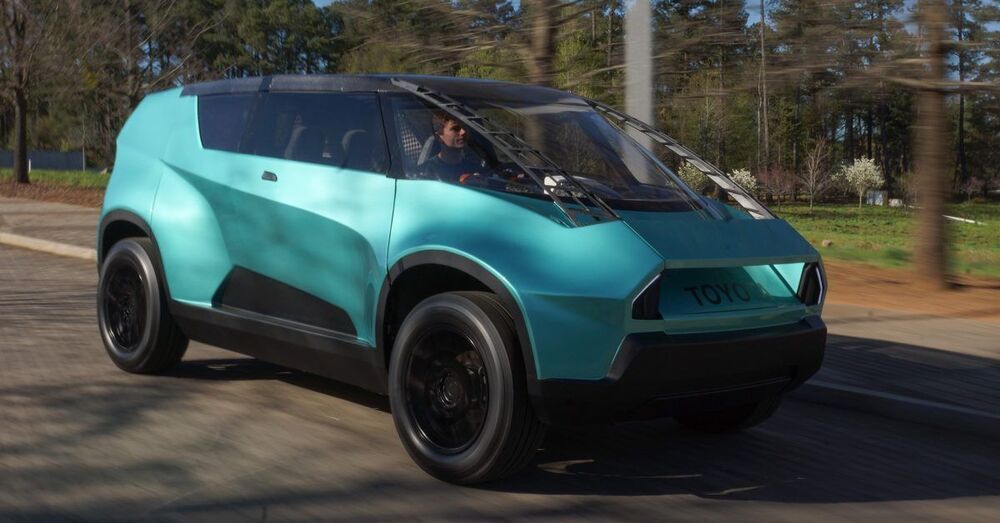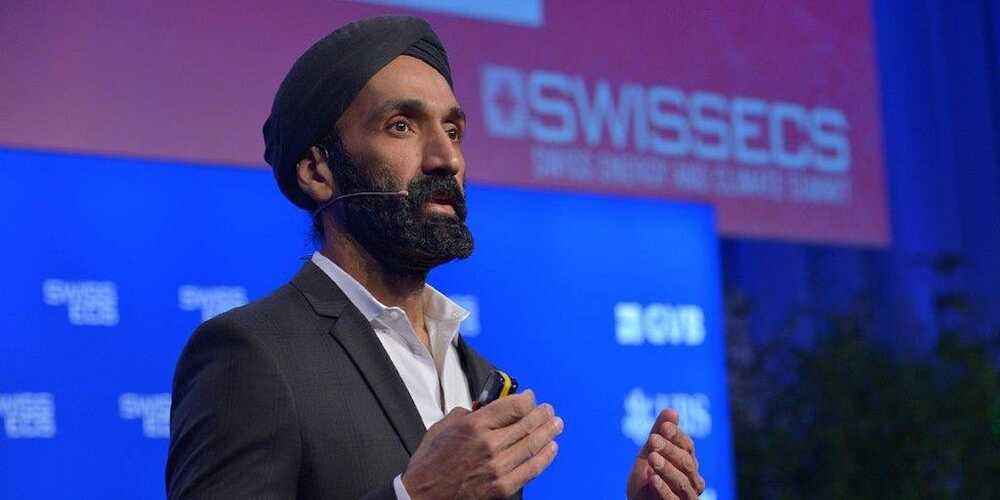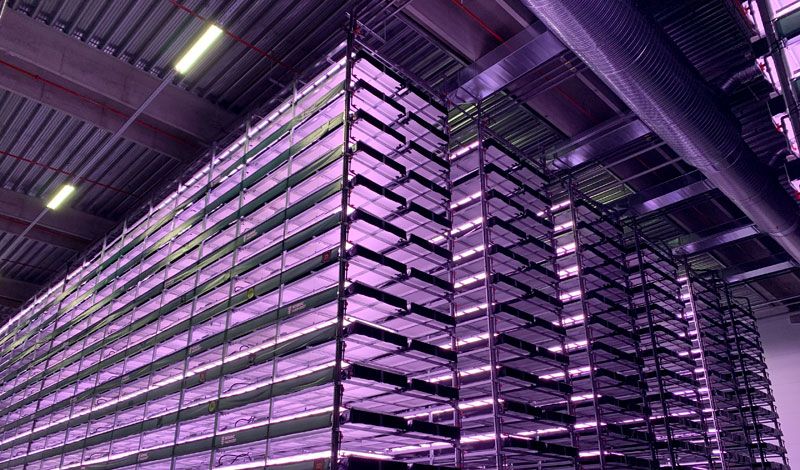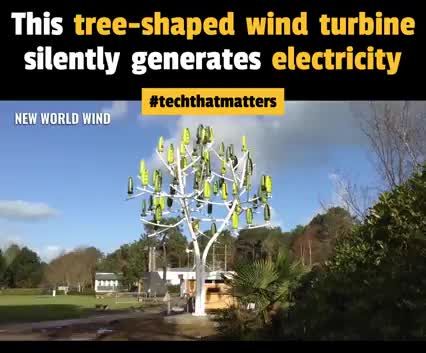Human civilization wouldn’t be where it is today if we hadn’t domesticated animals to be either loyal and cuddly or dumb and tasty. Now, researchers in Australia have discovered what they claim is the very first example of an animal domesticating another animal – a fish species found to recruit tiny shrimp to help tend their algae farms.
It’s believed that humans first domesticated the wolf around 15,000 years ago to help us hunt, and later for companionship. Over the following millennia, we added goats, pigs, sheep and cattle for food and materials. And almost every plant we eat looks nothing like their original wild counterparts, having been honed for thousands of years at our hands to be bigger, hardier, tastier, more nutritious or easier to grow, harvest and eat.
So far, the only other organisms known to domesticate others have been insects – for example ants farm aphids, protecting them from predators in exchange for the sweet sticky goo they excrete. But the behavior has never been observed in other vertebrate species before.
